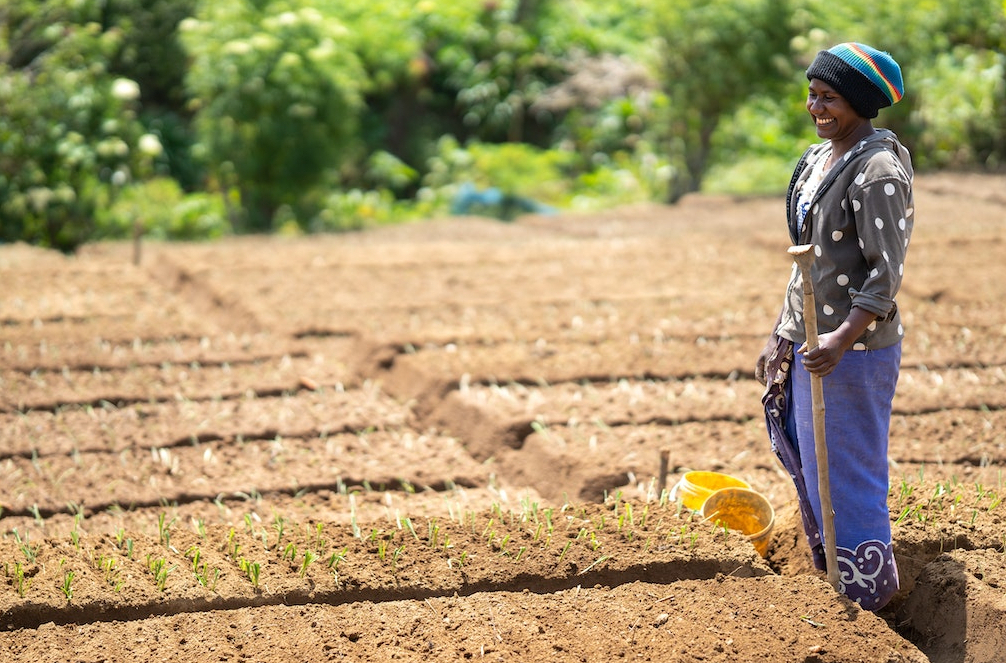Women are Key Actors in NbS

A recent working paper by Salcedo-La Viña et al. from the World Resources Institute has shed new light on the crucial role that rural women perform in the implementation of nature-based solutions (NbS). The study calls for enhanced support for their participation, underscoring that the success of NbS can hinge on the inclusion of critical stakeholders, particularly women. Recognising gender as a pivotal factor in climate change solutions, the paper emphasises women’s leadership in natural resource management and the potential positive outcomes of their involvement.
Highlighting the global challenge of climate change, and its impacts on natural resources and the environment, researchers reviewed four NbS approaches and conducted in-depth analyses of three Payments for Ecosystem Services (PES) projects from different parts of the world. Using qualitative research methods, they focused on identifying gender dimensions within these projects and exploring strategies to overcome gender-related barriers.
Case studies:
- International small group tree planting programme, Kenya: showcases a gender-responsive project that empowers women by encouraging their leadership roles and providing incentives for participation. The programme’s focus on tree planting and ownership has helped reduce carbon emissions and erosion.
- Cuencas Costeras programme, Mexico: demonstrates the challenges of integrating gender considerations within a PES project. Traditional gender norms and land ownership disparities impact women’s participation and decision-making in project activities.
- Rewarding upland poor for environmental services, Indonesia: is a project that incentivises environmental-friendly activities among local communities. While it highlights some gender disparities, it also emphasises the importance of integrating gender considerations at multiple levels and stages of the project.
A key finding of the study is that rural women often face barriers to participating in and benefiting from climate solutions, including NbS. Barriers include unequal access to resources such as land, agricultural credits, inputs, services, and technology. Gender norms also play a role in subordinating decision-making power within households and communities.
The authors suggests a series of recommendations to foster gender-responsive approaches in NbS projects:
- Develop institutional gender policies for NbS projects to ensure gender integration.
- Conduct gender analyses as part of the project’s baseline data gathering.
- Set explicit gender goals and targets within project frameworks.
- Ensure gender balance in project staff to promote diverse perspectives.
- Implement strategies to incentivise women’s participation and engagement.
- Collaborate with local women’s groups and leaders to enhance women’s agency.
- Incorporate gender-responsive practices in monitoring and evaluation systems.
The paper concludes by emphasising the need to prioritise gender and social dimensions alongside technical aspects in NbS interventions. It calls for increased awareness, training, and integration of gender-sensitive policies and practices within NbS initiatives to ensure that both women and men can equitably participate in and benefit from these solutions.
In a world where climate change requires collective efforts, acknowledging and addressing gender disparities in climate solutions will be essential for achieving sustainable and equitable outcomes. The paper is a valuable resource for policymakers, practitioners, and researchers seeking to create more inclusive and effective nature-based solutions to combat climate challenges.
Read the working paper here.




